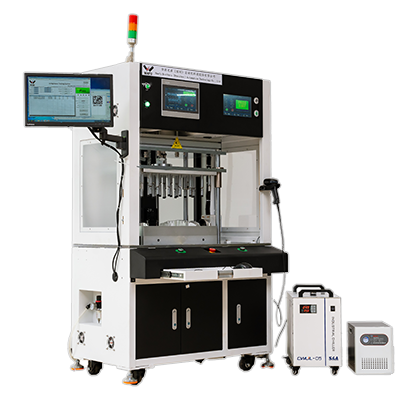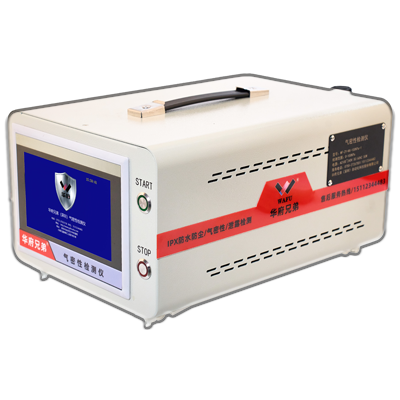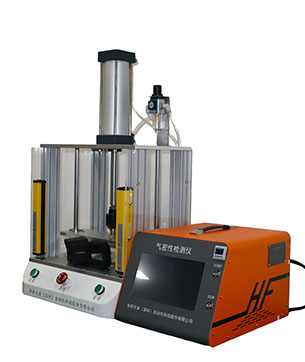Leak Test Fixture Design – The Key to Efficiency and Stability
Published: May 12, 2025
In leak testing, the fixture is not only the key connection between the equipment and the workpiece, but also a core factor that affects testing efficiency, repeatability, and accuracy.
A well-designed fixture system = faster test cycles + more stable test data + lower false detection rates.
Wafu Brothers has been specializing in leak testing solutions for 16 years, improving production line efficiency and product yield through professional fixture design.
Five Key Advantages of Our Fixture Design
✅ Quick Clamping for Improved Cycle Time
Equipped with pneumatic clamping and quick-lock systems, allowing single-person operation. Fast loading/unloading, suitable for both automated and manual stations.
✅ High Repeatability to Eliminate Human Error
Three-in-one design: locating pins + guide pillars + stopper blocks to ensure consistent clamping precision and test stability.
✅ Reliable Sealing for More Accurate Testing
Custom O-rings, dual sealing grooves, and high-finish sealing surfaces provide strong pressure resistance and prevent false leakage.
✅ Universal Design Compatible with Various Products
Modular fixture replacement or sliding adjustment structures support multi-spec use with one fixture, reducing cost.
✅ Safe and Easy Maintenance, Worry-Free Operation
Quick-release sealing rings, clamping system limit protection, and interlock sensors ensure both operator and equipment safety.
Recommended Material Selections
| Material Type | Characteristics | Application Scenarios |
|---|---|---|
| Aluminum Alloy | Lightweight, moderate strength, low cost | Electronic components |
| Stainless Steel | High strength, corrosion and heat resistant | Medical/New Energy products |
| POM/Nylon | Non-scratch surface, lightweight, easy to machine | Precision, scratch-prone products |
Customer Case Study | Power Battery Shell Testing
Problem: Low clamping efficiency and high false detection rate
Solution: Dual-station rotary fixture + high-durability sealing ring
Result: Test cycle reduced from 25 seconds to 12 seconds, and yield rate increased to 99.6%
Recommended Products






